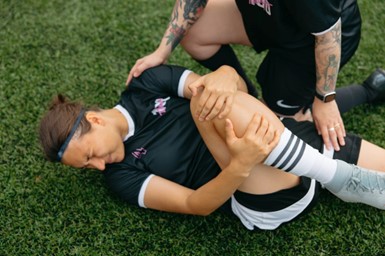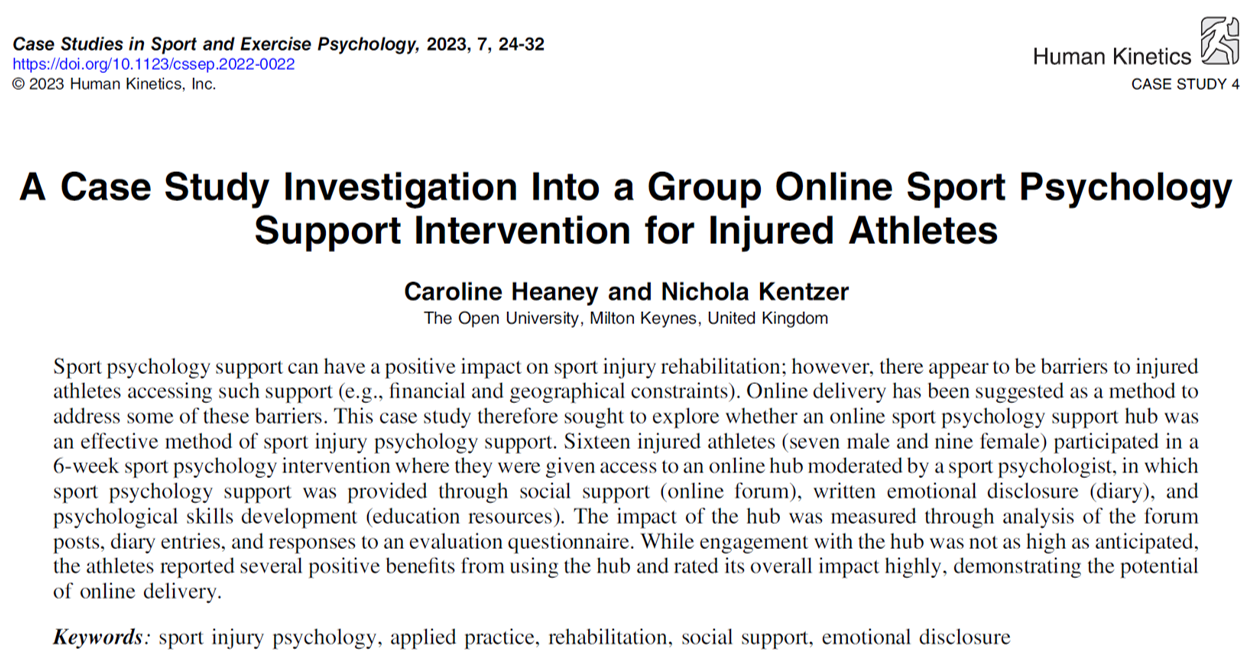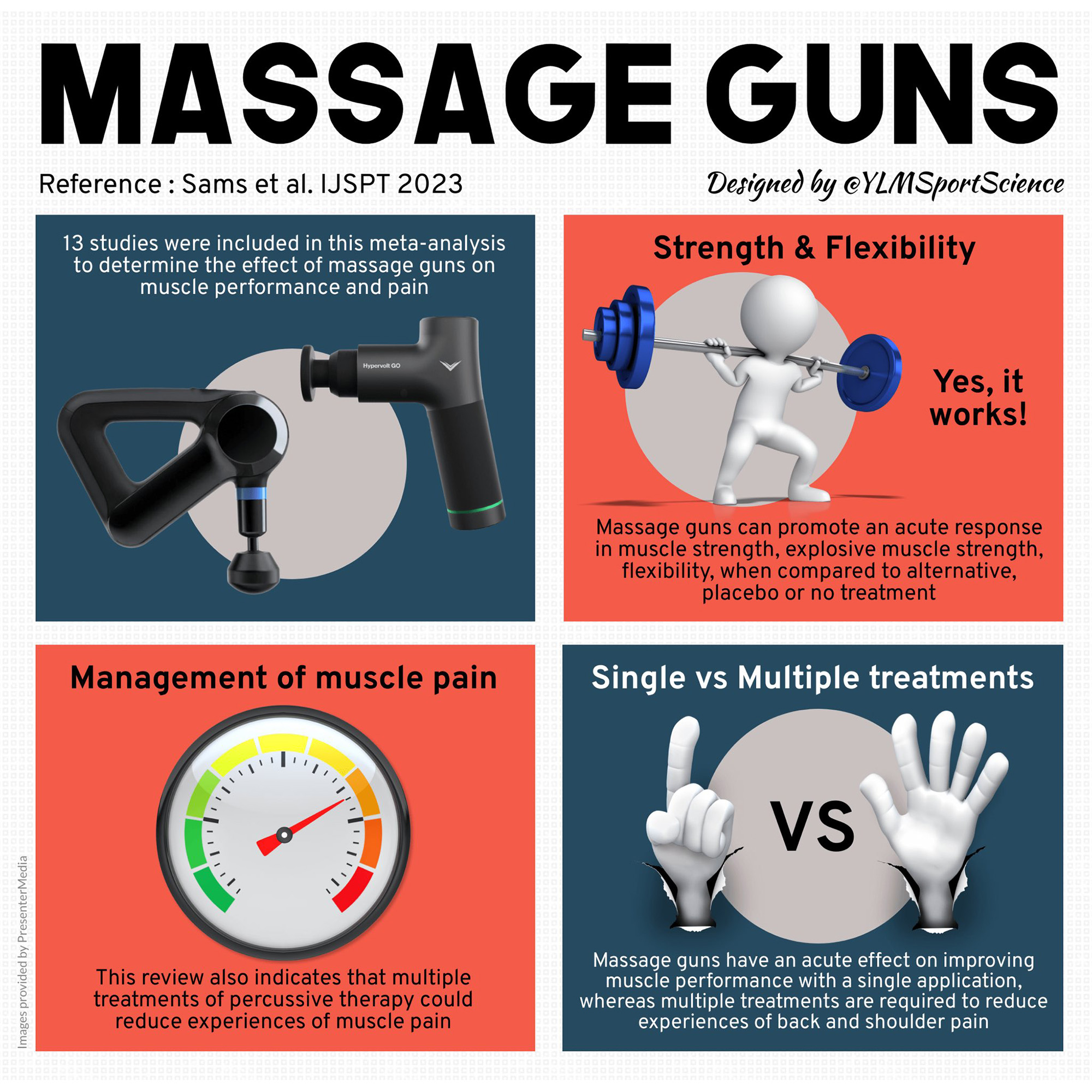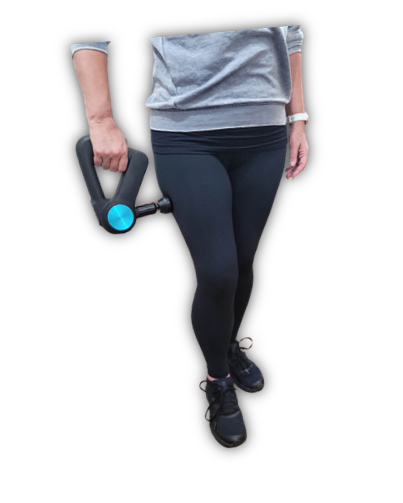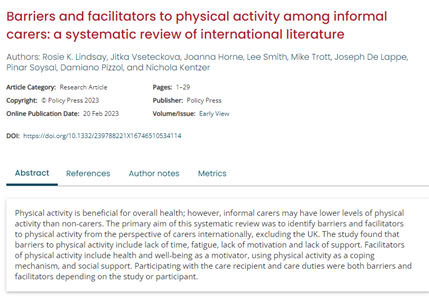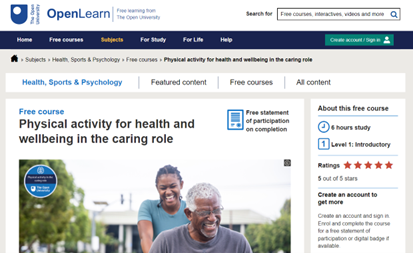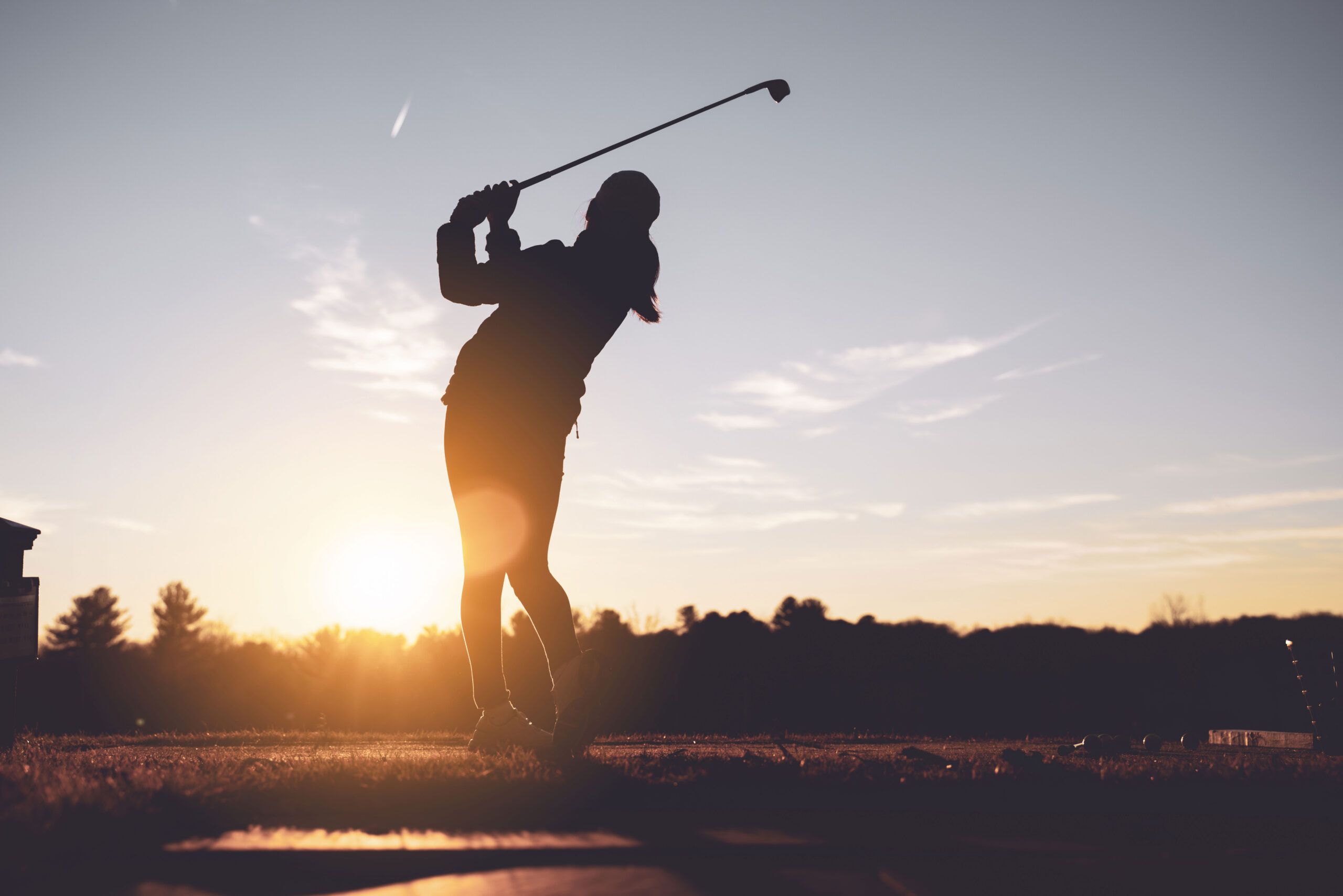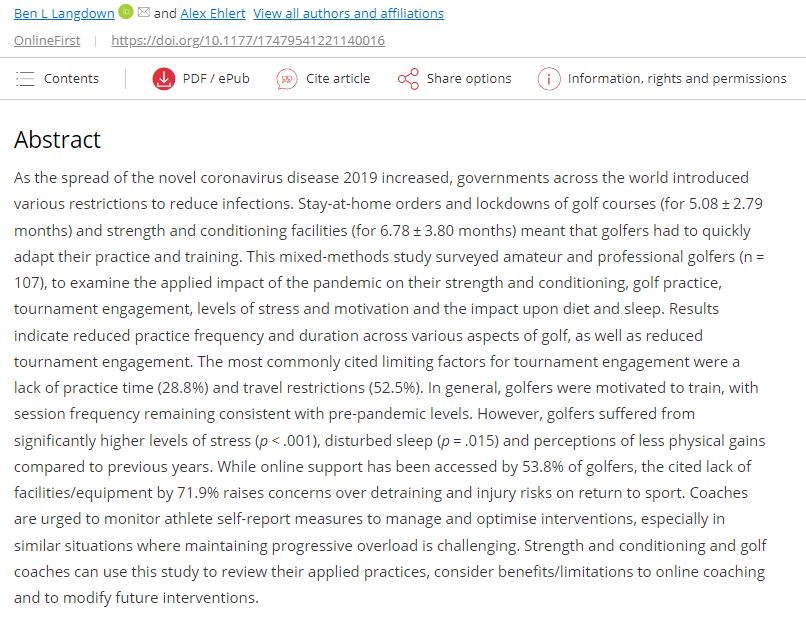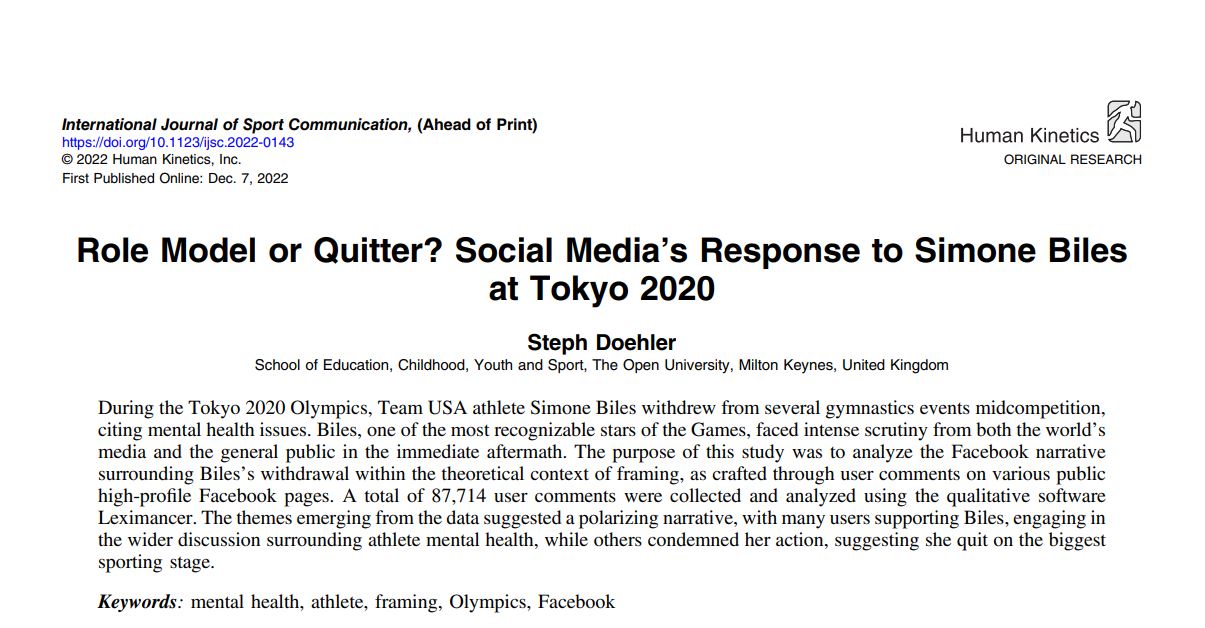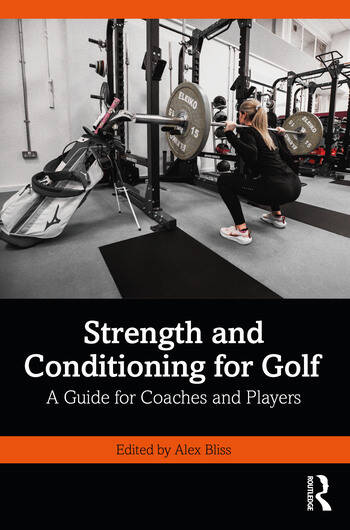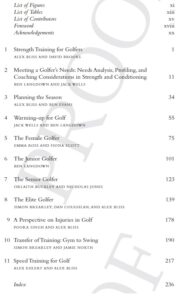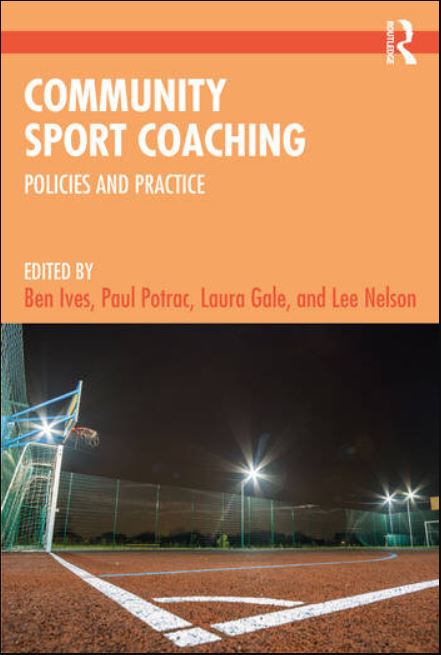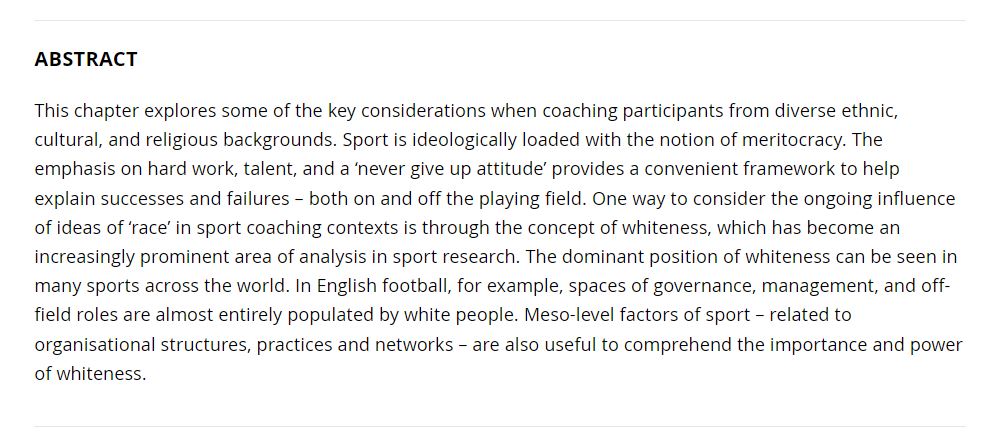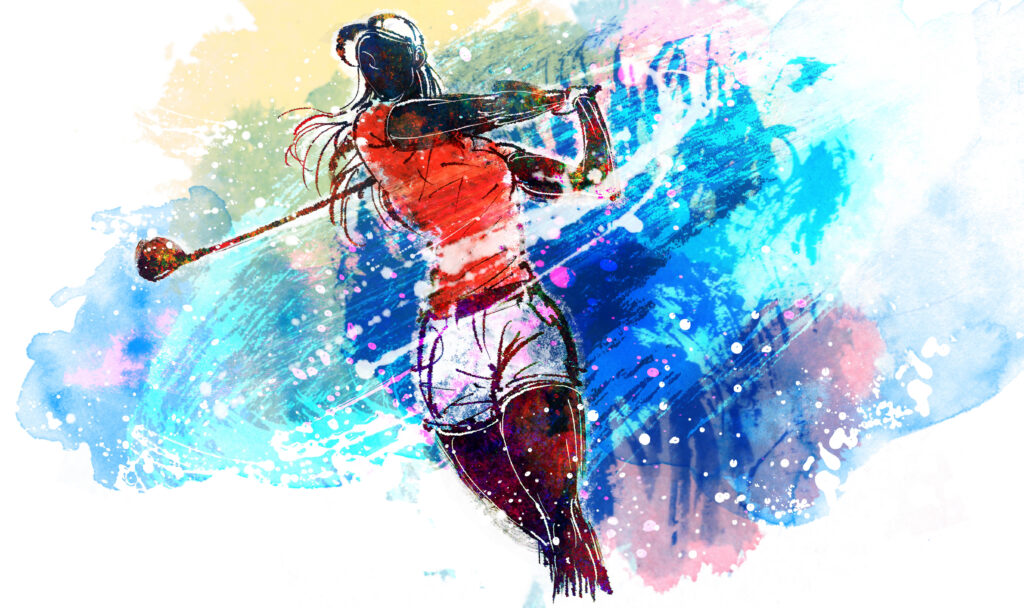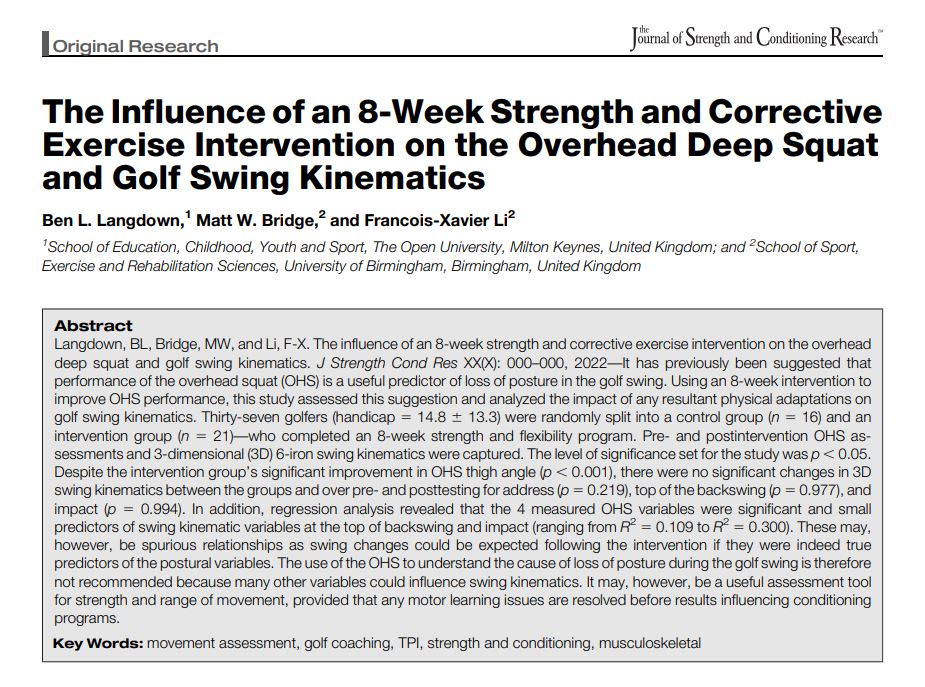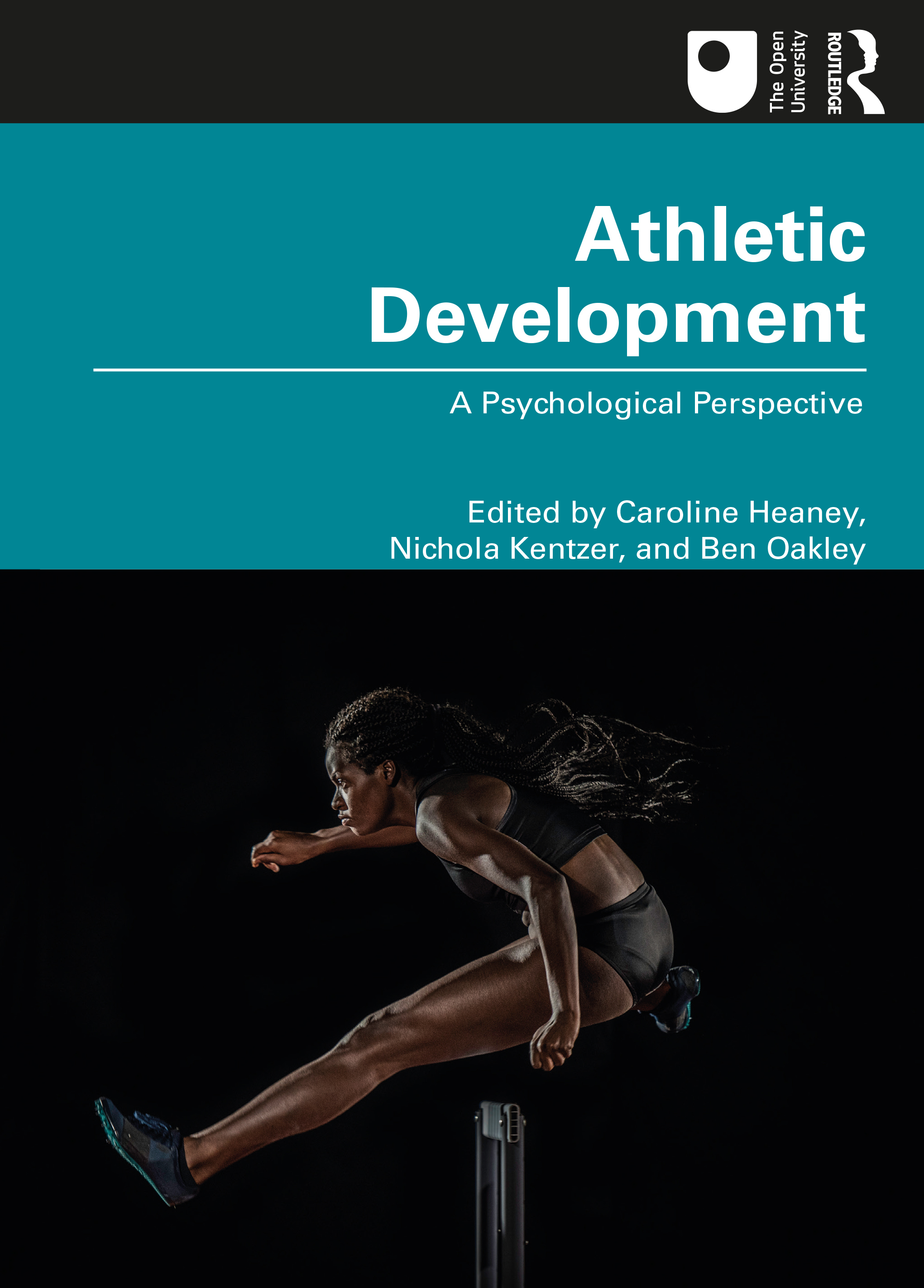Women in Martial Arts: Introducing the FIERCE group
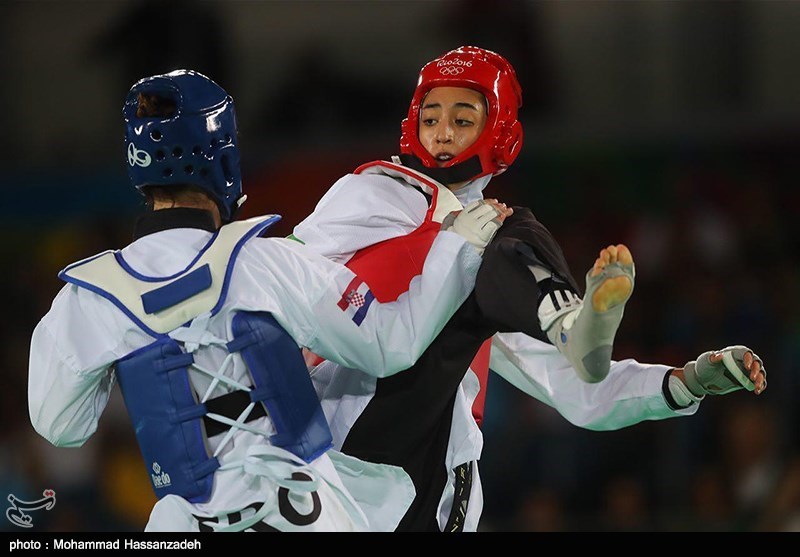 Led by Wendi Bacon the FIERCE (Female Inclusion and Equity in Recreational Combat sports Experts) group was formed to explore and improve the experiences of women in martial arts. The group contains several researchers from the OU Sport and Fitness Research Cluster including Nichola Kentzer, Caroline Heaney, Jess Pinchbeck, Helen Owton, James Brighton and Jo Horne. The group researches a wide range of areas related to female participation in martial arts including warm-ups, uniform design, sports injury, and culture.
Led by Wendi Bacon the FIERCE (Female Inclusion and Equity in Recreational Combat sports Experts) group was formed to explore and improve the experiences of women in martial arts. The group contains several researchers from the OU Sport and Fitness Research Cluster including Nichola Kentzer, Caroline Heaney, Jess Pinchbeck, Helen Owton, James Brighton and Jo Horne. The group researches a wide range of areas related to female participation in martial arts including warm-ups, uniform design, sports injury, and culture.
Outputs from the group include:
- The Influence of Gender Dynamics on Women’s Experiences in Martial Arts: A Scoping Review
This review of 53 studies highlighted that whilst martial arts environments can be positive spaces for women, the traditional hierarchies, patriarchy, gender norms, and problematic mixed-gender contact evident in such settings can be a barrier to women’s participation. - MASS12: Evidence-Based Martial Arts Striking Sports Injury Prevention Programme
This article introduces a prehabilitation programme comprising of 12 warm-up exercises designed to prevent common martial arts injuries in female participants and introduce more evidence-based practice into martial arts environments. - Better Martial Arts and Combat Sports (BMACS)
The BMACS website was created to disseminate the findings of the group to martial arts clubs and practitioners and ensure that the group’s work has a positive impact on the martial arts community.
In association with Oxford-Open-Cambridge Doctoral Training Partnership and British Taekwondo the group are currently advertising a fully funded PhD opportunity to explore women’s experiences in martial arts. The closing date for applications is 7th January 2025. For more information visit the link below.
